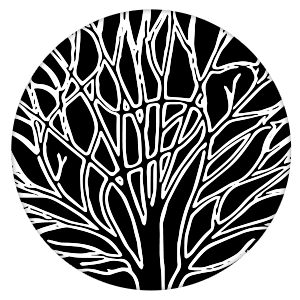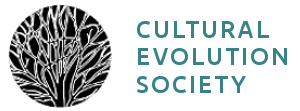Models of Social Dynamics
Unit 3: Opinions and Polarization
In this unit, we'll use models to explore how our assumptions about social influence affect the long-run distribution of opinions in a population. The greater the extent to which people are influenced only by those who are similar to themselves, the more distinct communities will form. If we also seek to distance ourselves from those with whom we disagree, the result can be polarization and extremism.
Resources
Slides: (pdf)
Script: (pdf)
Code:
opiniondynamics_BC.nlogo
opiniondynamics_neginfluence.nlogo
Readings: (pdf)
Exercises: (pdf)
This project was supported by Grant #61105 from the John Templeton Foundation to the University of Tennessee, Knoxville (PIs: S. Gavrilets and P. J. Richerson) with assistance from the Center for the Dynamics of Social Complexity and the National Institute for Mathematical and Biological Synthesis at the University of Tennessee, Knoxville.

The Cultural Evolution Society's Online Learning Tutorial Series is licensed under a Creative Commons Attribution-NonCommercial-ShareAlike 4.0 International License. For designers' contact information, click here.



